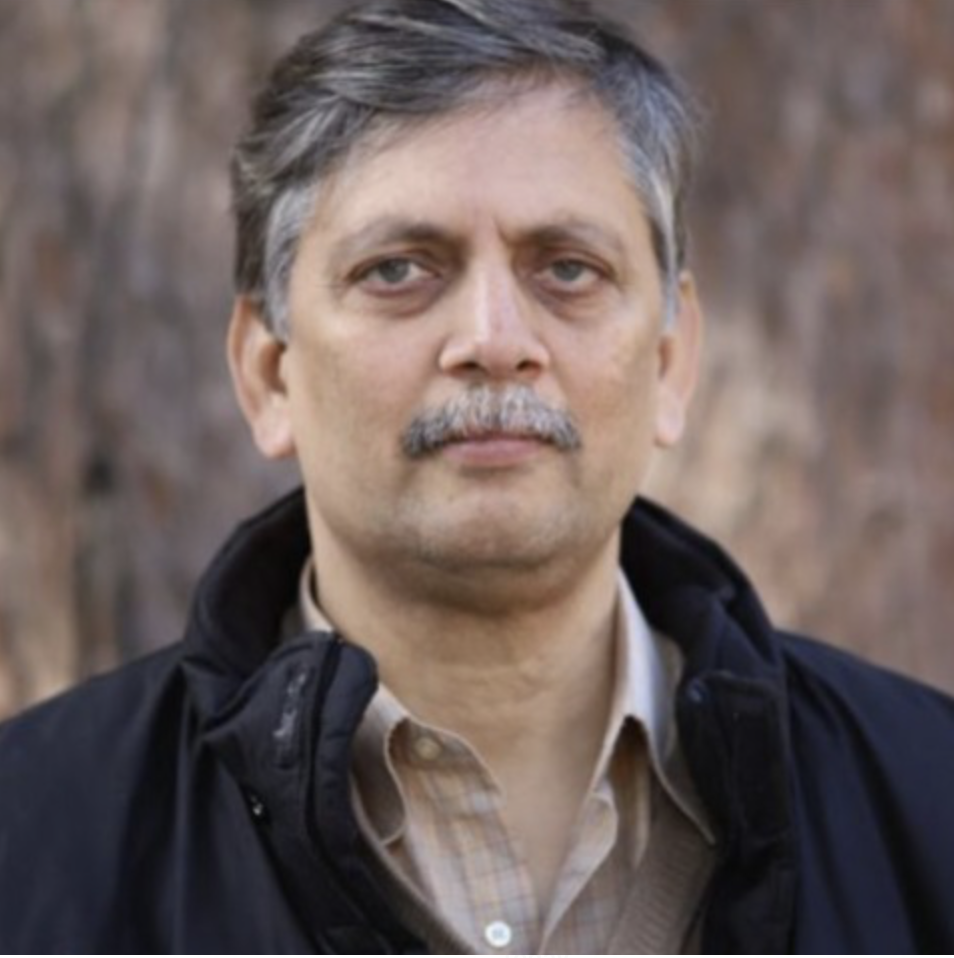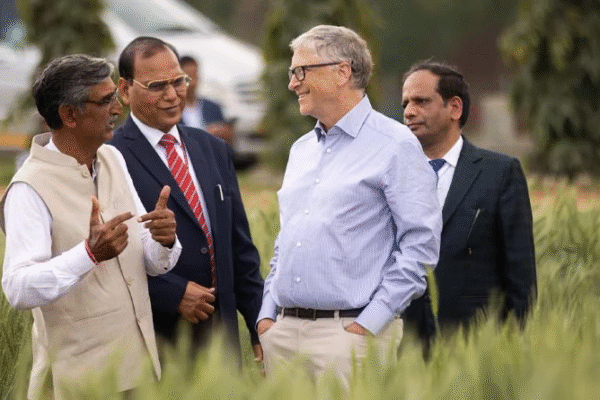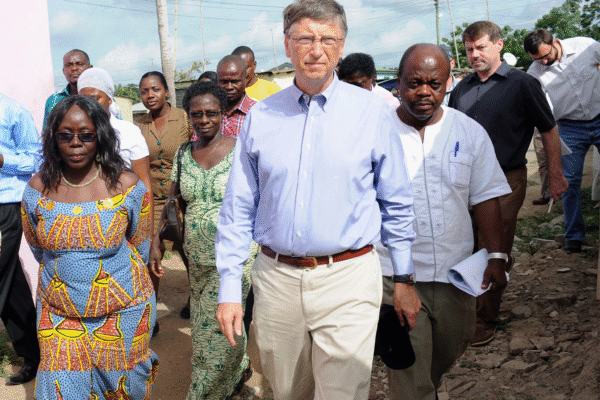

Nepal’s Development Crisis: Can PM Sushila Karki Be the Answer?
Nepal, a country with breathtaking natural wealth and cultural depth, remains trapped in underdevelopment. Political instability, weak institutions, and corruption have long held it back. While nearly every new Prime Minister has promised transformation, meaningful progress has rarely followed. The rise of Sushila Karki, Nepal’s first woman Prime Minister, has given many citizens a fresh sense of hope. But will she succeed where so many others have failed?protests nepals-political-instability-and-corruption-shake-youth-protests/
Before 1990: The Illusion of Stability
From 1960 to 1990, Nepal operated under the Panchayat system, a party-less form of governance imposed by King Mahendra. While this system created the appearance of stability, it was anything but democratic. Citizens had no power to elect leaders, political parties were banned, and dissent was often punished.
Despite few leadership changes during this time, there was no accountability or transparency. Development remained controlled by a narrow elite, and corruption flourished behind palace walls. Institutions existed to protect the monarchy—not the public. This era delayed the building of democratic foundations that Nepal needed to grow.
Post-1990: Democracy Without Direction
The people’s movement of 1990 brought multiparty democracy, constitutional rights, and press freedom. Yet, it also triggered frequent political deadlock. In the three decades that followed, Nepal has had more than 25 Prime Ministers. Coalition governments collapsed regularly, and policymaking suffered.
Each leader promised change, yet most pursued short-term political survival. Development projects were often scrapped when new parties came to power. Corruption became more visible but rarely punished. A generation of citizens watched their dreams tied to unstable governance.
Nepal, Bangladesh, and Sri Lanka: Three Countries, Three Paths
Nepal’s struggles mirror those of its neighbors, but the outcomes have differed. In Bangladesh, military coups disrupted the early years after independence. However, the country eventually stabilized and focused on export-led industrial growth. Today, Bangladesh boasts stronger GDP growth and better infrastructure.
Sri Lanka, on the other hand, suffered from civil war, dynastic politics, and unsustainable economic decisions. By 2022, the crisis reached a peak, with mass protests ousting President Gotabaya Rajapaksa. Corruption and mismanagement left the country bankrupt.
Nepal has avoided full-scale coups or civil war. But it has not yet developed a stable, accountable system that enables consistent policy or reform. It is caught in a cycle of promises without delivery.
Political analyst Anil Shrestha notes, “Nepal’s problem is not democracy—it’s the failure to institutionalize it. Sushila Karki could begin that process, if she’s allowed to lead.”
Sushila Karki: A Rare Opportunity for Change
Sushila Karki enters office with a clean record and strong public trust. As former Chief Justice of the Supreme Court, she stood against corruption and interference. She ruled independently and built a reputation for justice and integrity.
In her first national address, Karki outlined priorities: judicial reform, transparency, inclusion, and development that reaches all citizens. Her commitment to serving marginalized groups—especially women, Dalits, and indigenous communities—sets her apart.
Ordinary citizens are responding with cautious optimism. Rita Tamang, a school teacher in Sindhupalchok, said, “For the first time, I feel like we have someone who understands justice. But will they let her work?”
📊 A Quick Poll for You
Do you believe Sushila Karki can lead real transformation in Nepal?
🟢 Yes – She represents a fresh start
🟡 Maybe – If she can resist party pressure
🔴 No – The system is too broken
📣 Share your thoughts and tag us with #KarkiChange.
Why Sushila Karki’s Words Matter for Nepal’s Youth
Nepal has struggled for decades to align democratic ideals with practical governance. The result has been a frustrated population and a nation stuck in limbo. Sushila Karki offers a rare combination of moral credibility and institutional knowledge. She is not a party insider, nor a political dynasty heir. That might be her greatest strength.
However, she faces a system that resists change. The bureaucracy is slow. Parties are fragmented. Interest groups are powerful. If Karki is to succeed, she must build alliances with reformers and rely on continued public support.

Gyaneshwar brings more than three decades of distinguished journalistic experience to the team. He has contributed significantly to both print and electronic media and directed several documentary films. For over 35 years, he has held key editorial roles in newspapers and TV channels, including The Pioneer and JAIN TV. Known for his balanced perspective and in-depth analysis, he brings leadership and expertise, and ensures accuracy, relevance, and clarity in every story.









